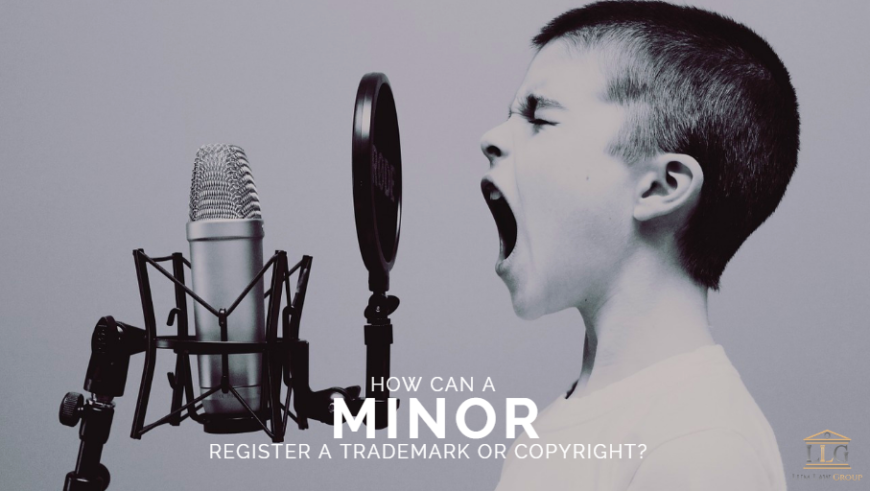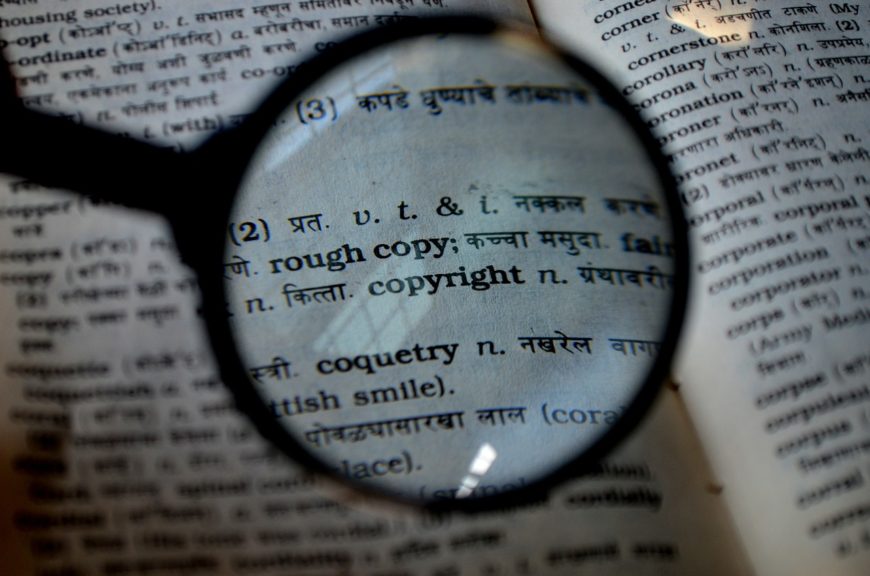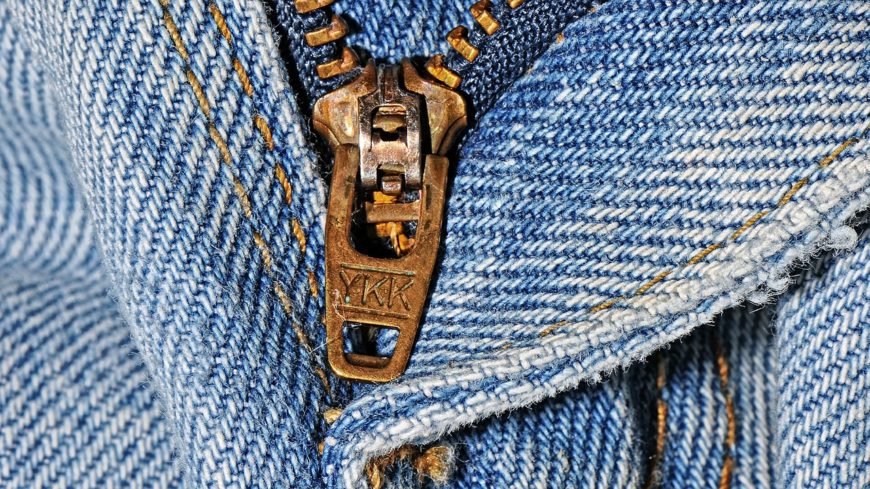Instagram and Fair Use
In my last blog I talked a little about copyrights and the First Sale Doctrine. In this blog, I’d like to go back to Copyrights to discuss Copyright law and the Fair Use Doctrine.
Here is the situation: Instagram, with over 1 billion monthly uses, has become a common place for individuals and companies to post original stories, pictures, and short videos about the life and business. Let’s use a video as an example. What is the copyright protection to the creator of the video from Instagram? From other users who see the material? Let’s use a video as an example. What if another user reposts the original post? Reposts the photo to critique? Uses the video outside of Instagram?
Under copyright law, the creator, unless he assigns his rights to someone else, or creates the video as an employee or “work for hire”, is the copyright owner. But what happens when he posts that video on Instagram? Well first, under Instagram’s terms of service, Instagram receives a lifetime royalty free license for the video. Thus if a user merely shares the original post, there will not be any copyright infringement by the user.
What if a user takes a portion of the video and puts it in a new post, with commentary about the video, for the purpose of critiquing it? Under the Fair Use doctrine in copyright law (17 USC § 107), use “for purposes such as criticism, comment, news reporting, teaching (including multiple copies for classroom use), scholarship, or research, is not an infringement of copyright.” Thus, a review of the video would not create an infringement. The idea being that the fair use is designed to give the public some information about that video. This is a clear example of “fair use.”
But what if the video is taken down and then a portion of it is reposted on some other medium? Or a portion of it is taken and reposted on another medium for other purposes, or “repurposed” for comparison to a competitor’s goods? Well, in such situations, the “Fair Use doctrine” may not be so clear. If the use is clearly for commercial purposes, if there is some gain the person using the video, or part of it, then as you might expect, such a usage would probably be found to be infringing.
So, when seeing material on Instagram, unless sharing other’s posts, limit any uses of other’s materials for a specific purpose as outlined in “Fair Use Principles” above, or better yet, consult an attorney before you consider reposting anyone else’s materials.







